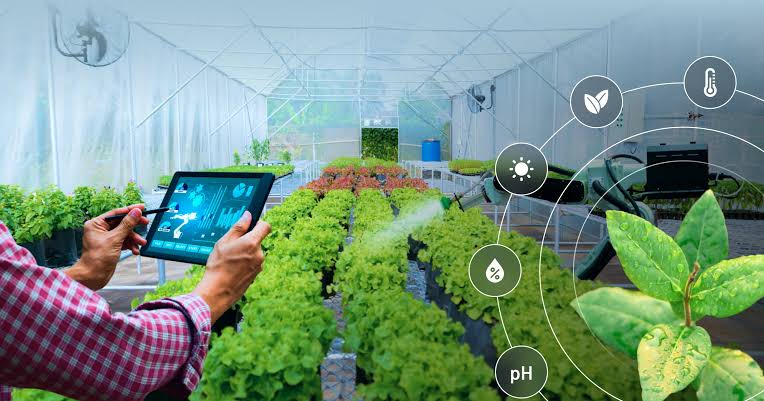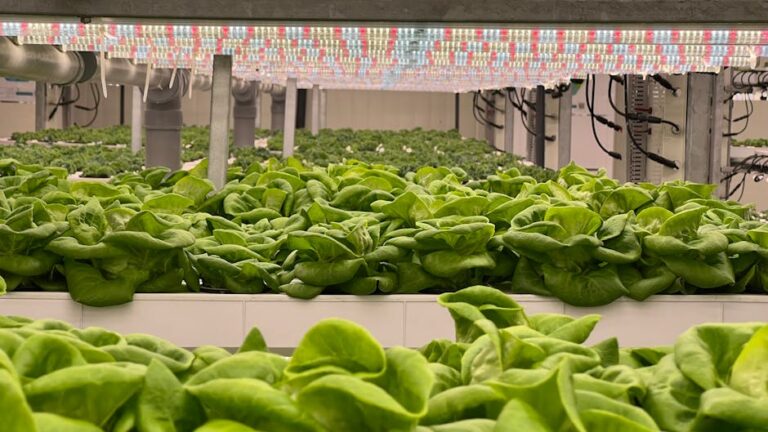
Agriculture remains the backbone of many African economies, but traditional farming methods are no longer enough to meet the demands of a growing population. The integration of IoT (Internet of Things) into modern agriculture in Africa is driving transformative changes, boosting productivity, and enhancing food security. By leveraging connected devices and data-driven technologies, African farmers are unlocking new opportunities to overcome challenges like climate variability, resource management, and inefficiencies in farming practices.
The Role of IoT in Modernizing African Agriculture
IoT is revolutionizing agriculture by allowing farmers to gather, analyze, and utilize data for improved decision-making. In Africa, IoT technologies are becoming essential in helping farmers optimize irrigation, monitor soil conditions, track weather patterns, and control pest infestations more efficiently. This shift towards data-driven agriculture is making farming more precise and reducing waste, ultimately increasing yields and profitability.
Key IoT Applications in African Agriculture
Several IoT applications are making significant impacts on agriculture across Africa. Some of the key uses include:
- Smart Irrigation Systems: IoT-enabled irrigation systems allow farmers to control water usage based on real-time data, ensuring crops receive the right amount of water while minimizing wastage.
- Soil Monitoring Sensors: These sensors help farmers track soil moisture, pH levels, and nutrient content, ensuring optimal conditions for crop growth.
- Climate Monitoring: IoT devices can monitor local weather conditions, helping farmers anticipate changes and adjust their farming practices accordingly.
- Livestock Tracking: IoT-enabled devices allow farmers to monitor livestock health, track movement, and optimize feeding schedules, enhancing productivity and reducing losses.
Challenges in Implementing IoT in African Agriculture
While IoT has tremendous potential, the widespread adoption of this technology in African agriculture faces several challenges. One of the main barriers is the lack of infrastructure in rural areas, including limited access to electricity and reliable internet connectivity. Additionally, the cost of IoT devices and services remains prohibitive for small-scale farmers who make up a significant portion of Africa’s agricultural sector. There is also a need for greater awareness and education on how to effectively use IoT technologies among farmers.
Success Stories of IoT in African Farming
Despite the challenges, there are success stories where IoT has made a profound impact on modern agriculture in Africa. For instance, companies like Hello Tractor in Nigeria are using IoT to connect small-scale farmers with tractor owners, allowing them to rent equipment on-demand. In Kenya, the M-Farm platform uses IoT to provide farmers with real-time data on market prices, helping them make informed decisions and maximize their profits.
Moving Forward: Scaling IoT in African Agriculture
To scale IoT in modern agriculture across Africa, governments, private sectors, and international organizations need to collaborate on improving infrastructure and making IoT technologies more accessible to farmers. Investment in training and support for farmers will also be key to ensuring they can fully leverage these technologies. With continued efforts, IoT will play a critical role in transforming African agriculture and improving food security for millions.
The Future of Agriculture in Africa
IoT and modern agriculture in Africa are set to redefine the continent’s approach to farming. By harnessing the power of data and connected devices, African farmers can improve efficiency, boost crop yields, and better manage resources. The road ahead may be challenging, but the potential rewards are immense. As IoT technologies become more widespread and affordable, Africa stands on the brink of an agricultural revolution that can reshape its economy and enhance its role in global food production.
Discover more from Amebo Media
Subscribe now to keep reading and get access to the full archive.




